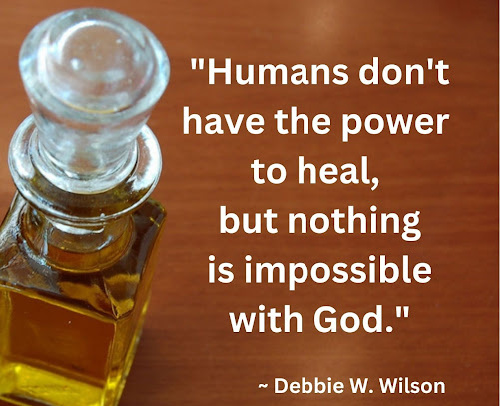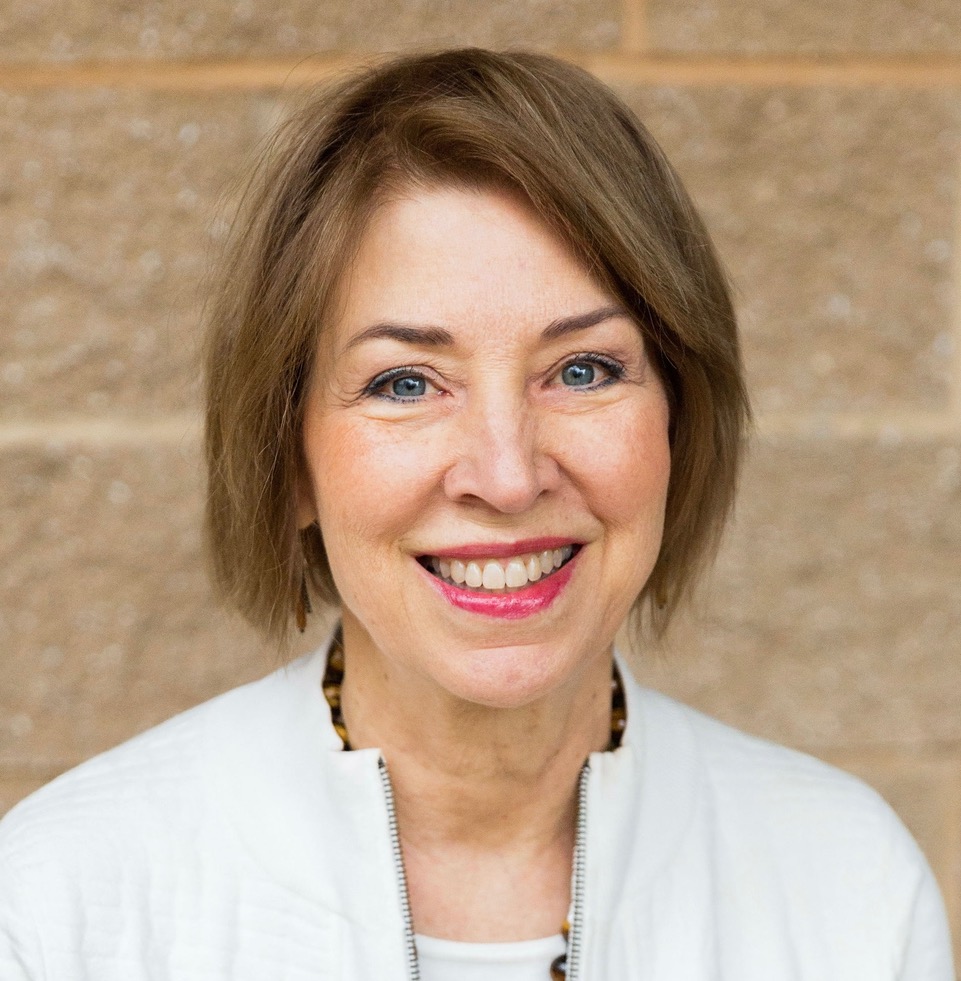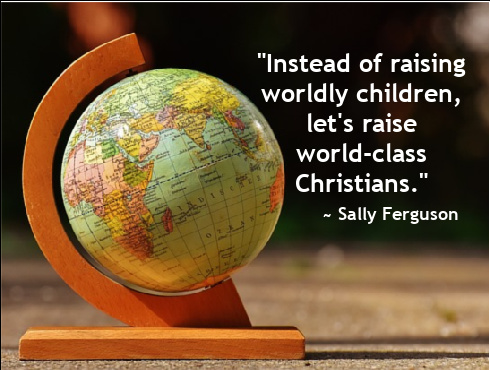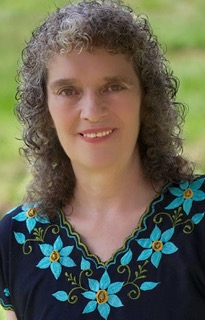Upgrade Your Patriotism — Do Your P.A.R.T.
Morgan Farr is committed to biblical truth, and it touches every part of her life, even how she lives as a citizen of the United States. In this enlightening July 4th UPGRADE, she describes the difference between patriotism and nationalism, and encourages every American Christian to do their part as a citizen.
“Recently, during a conversation about serving our nation, my eight-year-old asked, ‘Where is America in the Bible?’” Morgan says.
“This question spurred a conversation about patriotism, nationalism, and our citizenship as Christians.”
I (Dawn) don't think enough Americans understand the difference between patriotism and nationalism, so I'm glad Morgan addressed this.
Morgan continues . . .
My husband is a soldier in the United States Army. This value of service matters to my family, because serving others is foundational as we look at how to imitate Christ. In wanting our children to learn the importance of service, we volunteer as part of our homeschool curriculum.
After my eight-year-old asked how America fits into the timeline of the Bible, I checked a quick sketch of the world timeline.
I realized how easy it is to assume that patriotism is a Christian principle today. I want to share how to upgrade your patriotism by doing your P.A.R.T.
First, a couple of definitions.
“Patriotism” Includes Pride of Country.
Mark Twain said, “Patriotism is supporting your country all the time and your government when it deserves it.”
Patriots faithfully serve their community to the benefit of everyone within its borders. Pride in your community and the willingness to share it with others is a benchmark of true patriotism.
Merriam-Webster’s Dictionary describes patriotism as: “love for or devotion to one’s country.”
A deep emotional pride in your country's cultures, histories, and traditions causes this loyalty and devotion.
The goal of patriotism is pride in the nation which is shared and celebrated.
Patriotism does not come at the cost of one's conscience or to the detriment of another person.
Does patriotism differ from nationalism?
“Nationalism” is Exclusionary.
Many people use nationalism and patriotism interchangeably despite the fact that they have different definitions and outcomes.
Although we hear about nationalism a lot in the news, it isn’t a new concept. Merriam-Webster Dictionary defines nationalism as “loyalty and devotion to a nation, especially: a sense of national consciousness, exalting one nation above all others, and placing primary emphasis on promoting its culture and interests as opposed to those of other nations or supranational groups.”
Nationalism is seen throughout history in things like the concepts of Manifest Destiny, White Nationalism, Black Nationalism, American Exceptionalism, Ethnonationalism, and, of course, in recent news, Christian Nationalism.
The basic idea of nationalism is, “This is our table, and only certain people can sit here.”
So there is a big difference between patriotism and nationalism.
Charles de Gaulle said,
“Patriotism is when the love of your own people comes first; nationalism, when hate for people other than your own comes first.”
When we look at the history of nationalism, we can see that this idea often elevates the interests of one group of people above all others. It is a philosophy of grandeur and superiority for those in the right group or category.
But it creates a marginalized group of others who don't fit the standard.
Which Approach Reflects Christ?
The marginalization of people different from us in favor of ourselves contradicts what we are told in Philippians 2: 3-4:
Do nothing out of rivalry or conceit, but in humility consider others as more important than yourselves. Everyone should look out not [only] for his own interests, but also for the interests of others.
As Christians, we must carefully examine what is espoused by any “ism” we align with.
Any ideology that leads to xenophobia, prejudice, or a superiority complex cannot reflect Christ.
Do Your P.A.R.T.
How can you upgrade your patriotism in a way that honors God? Consider these four points, each beginning with a letter in P.A.R.T.
1. Pray about It.
Step one in anything should be prayer. James 5:13 says, Is anyone among you in trouble? Let them pray. Is anyone happy? Let them sing songs of praise.
As you look at serving your community, volunteering, or voting, pray about all of it.
- Pray over every name, both on your side of the political spectrum and the other side.
- Pray for servicemembers and their families.
- Pray for leadership and the new recruits headed to boot camp.
- Pray for clarification of the values that God is calling you to uphold.
2. Ask about It.
Ask questions about everything. Asking questions is biblical. The Bible records more than 300 questions that Jesus asked in the first four books of the New Testament.
- Ask what political parties and politicians stand for.
- Ask about the values of the institutions you frequent.
- Ask about the beliefs and values of your pastors, elders, and deacons.
- Ask about things that you don’t know the answers to in theology, in the Bible, and in life. Then square those answers with the Bible.
3. Read about It.
Read your Bible. No, the United States isn’t mentioned. However, the Bible gives us direction for dealing with economics (Mark 12:17), government (Romans 13:1-7), and where our citizenship truly lies (Philippians 3:20).
- Read it in your preferred translation.
- Read it in a different translation.
- Read commentaries about the Bible.
- Read about the historical context of the time.
- Read to learn and grow, not just to check the box.
4. Teach about It.
As you wrestle with difficult questions or topics, tell others what you learn.
- Tell your friends in Bible study.
- Teach your children and your grandchildren.
The way we battle nationalism in favor of patriotism is by boldly speaking up for the truth of the gospel.
Paul, just after telling us to don the Armor of God (Ephesians 6:10-18), called himself an “ambassador” (v. 20). We are called ambassadors too (2 Corinthians 5:20), and we’re told to boldly declare the mysteries of the gospel.
An ambassador is “a diplomatic agent of the highest rank accredited to a foreign government or sovereign as the resident representative of his or her own government.”
As children of God in the country where we live, we must do our part to represent Christ well. We do this by loving God above all else, and caring for our neighbor—every neighbor.
Which part of P.A.R.T. can you do today?
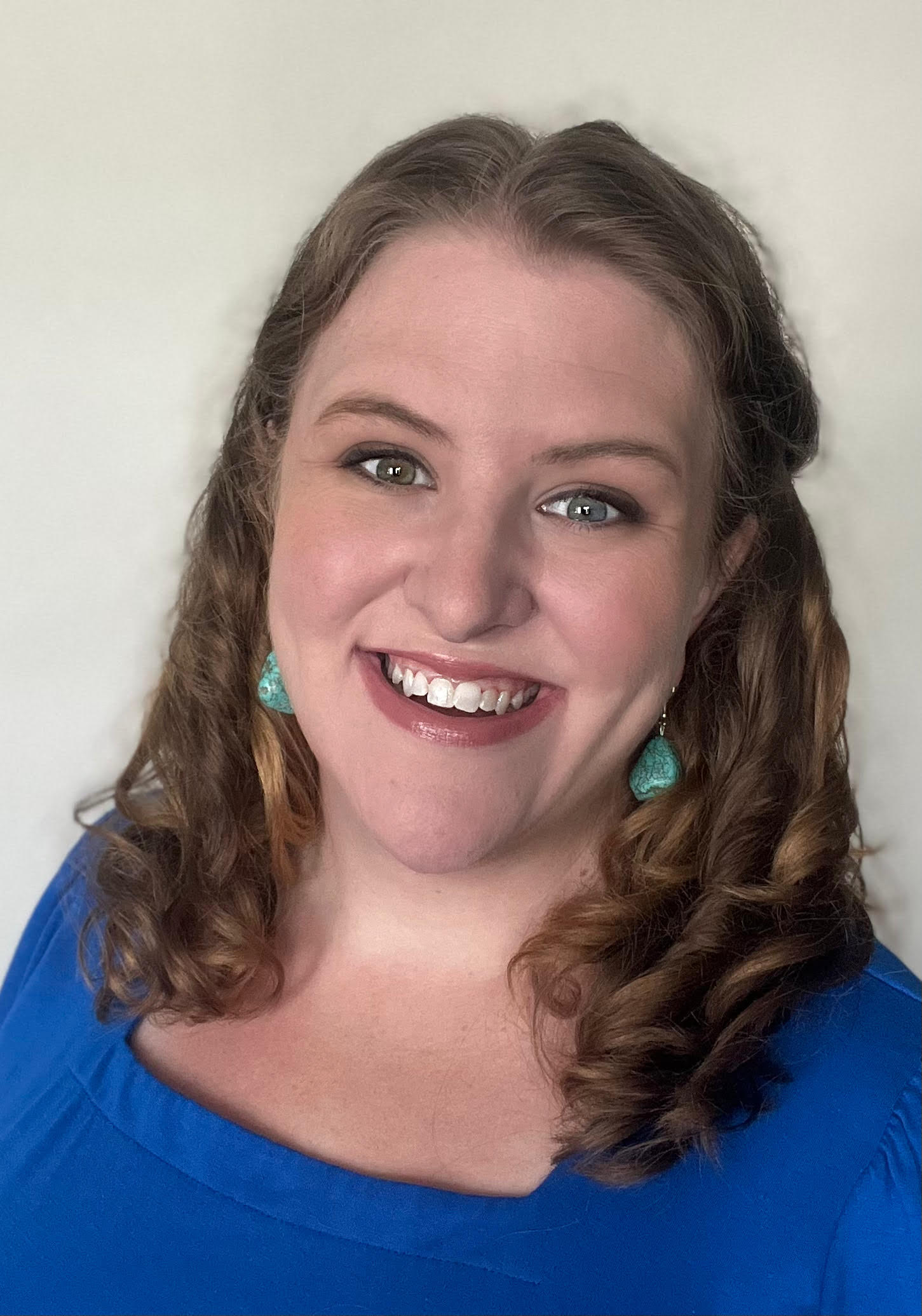 Morgan Farr is a succulent-cultivating book nerd and aspiring author. She spends her days homeschooling her four young children and training her working dogs. As an Army wife, Morgan has learned to lean heavily on Jesus as she walks out military life. She is the Director of Publishing at Planting Roots, the Graphic Designer for Mission: Milspouse, and is heavily involved in her local PWOC and military chapel. You can connect with Morgan on all major social media channels using her handle: morgandfarr.
Morgan Farr is a succulent-cultivating book nerd and aspiring author. She spends her days homeschooling her four young children and training her working dogs. As an Army wife, Morgan has learned to lean heavily on Jesus as she walks out military life. She is the Director of Publishing at Planting Roots, the Graphic Designer for Mission: Milspouse, and is heavily involved in her local PWOC and military chapel. You can connect with Morgan on all major social media channels using her handle: morgandfarr.
Graphic adapted, courtesy of Stephanie McCabe at Unsplash.
 Post a Comment → Posted on
Post a Comment → Posted on  Monday, July 3, 2023 at 11:00AM
Monday, July 3, 2023 at 11:00AM  Christian citizenship,
Christian citizenship,  Morgan Farr,
Morgan Farr,  Nationalism,
Nationalism,  Patriot,
Patriot,  Patriotic,
Patriotic,  Patriotism,
Patriotism,  Patriotism vs. Nationalism,
Patriotism vs. Nationalism,  Upgrade with Dawn Upgrade Your Life
Upgrade with Dawn Upgrade Your Life  July 4th,
July 4th,  Patriotism
Patriotism 




